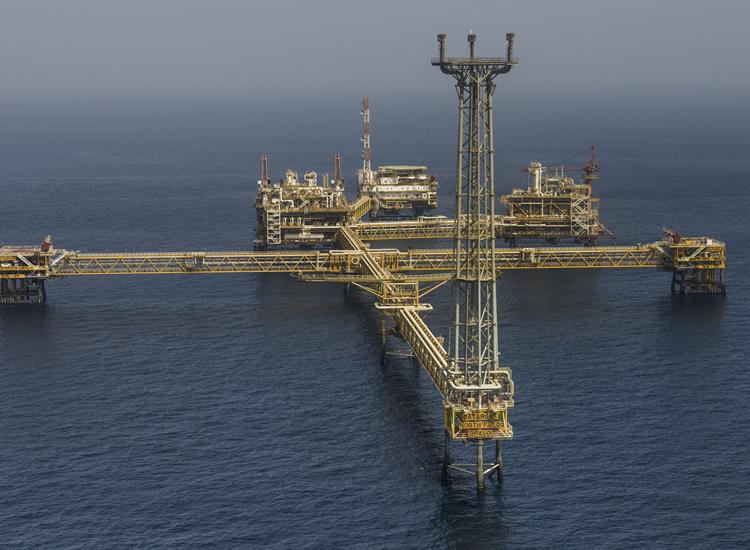Qatar and China Make Second Major LNG Deal

The Lede: Qatar and China agree on a second 27-year partnership on the North Field expansion projects, which is set to vastly increase the production and export of liquefied natural gas (LNG).
What We Know:
- China National Petroleum Corporation (CNPC) and QatarEnergy signed a 27-year agreement stipulating that China will purchase 4 million metric tons of liquefied natural gas (LNG) a year. Supply is set to begin in 2026. Additionally, CNPC will take an equity stake in the eastern expansion of Qatar's North Field LNG project equal to 5 percent of one LNG train with an 8 million metric ton capacity a year.
- Qatar’s two-phase expansion project is expected to raise liquefaction capacity from 77 million to 126 million metric tons a year by 2027. The North Field expansion and construction of liquefaction export facilities will cost an estimated $30 billion. Qatar’s revenues will be managed by the Qatar Investment Authority (QIA), the country’s sovereign wealth fund.
The Background: The North Field contains the world's biggest natural gas reserves. Last year, QatarEnergy concluded the same 27-year deal with China’s Sinopec. In April, Sinopec became the first Asian energy company to join the project as a ‘value added’ partner. Asian companies are eyeing such long-term sales and purchase agreements to lock in supplies from future production and export. Other shareholders in the North Field expansion project include France's TotalEnergies, Britain's Shell, Italy's ENI, and the United States' ConocoPhillips.
Likely Outcomes:
- With this second major LNG deal in less than a year, China and Qatar are on track for longer term cooperation. This comes as China increasingly projects its influence and secures economic ties with the broader Middle East. Chinese companies can expect to find growing reception for their business in the region.
- Qatar’s role as a supplier and partner for LNG export to China will likely flourish, not only due to the vast prospects of North Field expansion projects, but also because of tensions with the U.S. and Australia, which are Qatar’s two biggest rivals in the LNG space. Western companies will also seek to shore up their stakes in Qatar’s LNG projects as risks to energy security continue in the wake of international sanctions and responses following the Russian invasion of Ukraine. The demand of LNG will likely become increasingly competitive with uncertain energy futures.
- With a precedent set of a successful LNG transaction settlement with Chinese yuan, this may also be an opportunity for another use case for the currency. Future international business involving Qatar’s LNG projects may increasingly involve, at least in part, the Chinese yuan as an international currency. This may have the additional effect of calling attention to U.S. or western policymakers along with potential restrictions or tariffs on companies that take part in yuan-based activites.
Quotables:
"Today we are signing two agreements that will further enhance our strong relations with one of the most important gas markets in the world and key market for Qatari energy products." – Saad al-Kaabi, Minister of Energy of Qatar and President and CEO of QatarEnergy
Good Reads:
Qatar strikes second big LNG supply deal with China (Reuters)
China signs major LNG deal with Qatar as Beijing’s Gulf push continues (Al-Monitor)
